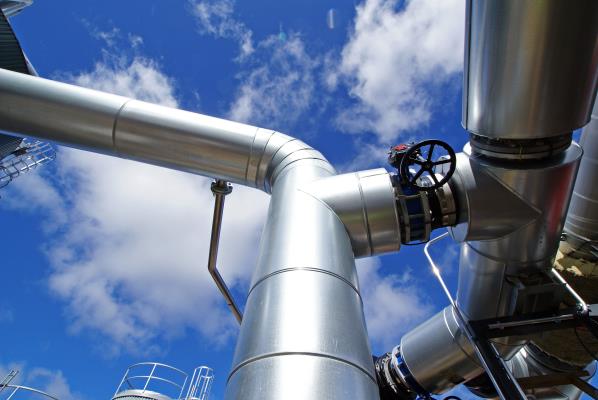Unless supply and demand conditions for oil and gas unexpectedly improve during the course of 2020, the anticipated reduction in oil and gas production and investment will be dramatic and will lead to significant drops in GDP and total number of jobs in the total economy, says a new report released Wednesday by Statistics Canada.
The new study, titled “The Decline in Production and Investment in Canada’s Oil and Gas Sector and its Impact on the Economy,” shows that if the announced reductions are realized, gross domestic product (GDP) would be 1.0 per cent to 2.0 per cent lower and jobs would decline by 111,000 to 222,000, compared with the situation where reductions in the oil and gas sector do not occur.
“The oil and gas industry is an important contributor to the Canadian economy. Since 2000, the industry has on average accounted for 5.0 per cent of GDP and 0.4 per cent of jobs in the total economy,” said the federal agency.
“In March and April 2020, many companies in the oil and gas sector announced cuts to their planned capital expenditures for 2020 of 20 per cent to 57 per cent and to their planned production of five per cent to eight per cent. Although oil prices have rebounded since their lows in April, widespread revisions to these plans have not been made public.
It is unclear how representative these announcements are and how they will ultimately affect GDP and jobs in 2020. A dollar reduction in production or investment in the oil and gas industry will have a direct effect on the total economy by the same dollar amount.
“However, this will also lead to a reduction in the oil and gas sector’s demand for inputs produced by other sectors, and declines in the incomes and spending of employees in oil and gas and upstream industries.”

Given the uncertainty in the magnitude of the reductions, three scenarios are considered, added StatsCan.
“Capital expenditures and production are assumed to decline, respectively, by 30 per cent and seven per cent in the first scenario; by 40 per cent and 10 per cent in the second scenario; and by 20 per cent and five per cent in the third scenario. The declines in investment and production in the oil and gas sector in each of these three scenarios would lead to a drop in the aggregate GDP by 1.5 per cent, 2.0 per cent, and 1.0 per cent, respectively, and a drop in the number of jobs by about 160,000, 222,000, and 111,000, respectively, relative to what they would have been without the price shock to the oil and gas sector.”
The federal agency said the oil and gas industry is an important contributor to the Canadian economy, especially in Alberta. From the year 2000 onwards, its share in the total economy averaged about five per cent of Canadian and 21 per cent of Albertan GDP. Its share of jobs was 0.4 per cent and 2.9 per cent in Canada and Alberta, respectively.

